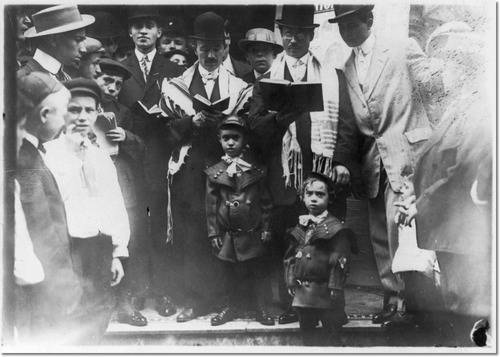Chicago Industrial Age
Chicago’s Industrial Age Importance
 As the 1870s began, Chicago was one of the most powerful, yet vulnerable, cities in America. A vital connection point between the agricultural West and manufacturing East and served by a powerful river flowing south, Chicago became an essential city for the nation’s commerce and trade. It was a particularly efficient thoroughfare for freight moving between the coasts, an industrial corridor to the West, a commercial crossroads, as well as a destination in itself.
As the 1870s began, Chicago was one of the most powerful, yet vulnerable, cities in America. A vital connection point between the agricultural West and manufacturing East and served by a powerful river flowing south, Chicago became an essential city for the nation’s commerce and trade. It was a particularly efficient thoroughfare for freight moving between the coasts, an industrial corridor to the West, a commercial crossroads, as well as a destination in itself.
The city was divided by the Chicago River, a great benefit to the lumber industry and its lumberyards situated along the water for easy access. Manufacturing plants and mills were located inland and agricultural concerns spread into the surrounding neighborhoods. The amount of timber moving down river toward the Mississippi from Minnesota, Michigan, and Wisconsin was matched only by the amount of sawdust continually kicked up along the banks from the mills, yards, and factories. Truly, Chicago was a wooden city. Of its 88 miles of paved streets, 57 were made of wood, and the city center boasted thousands of wooden structures abutting some 561 miles of raised wooden sidewalks.
By 1871, Chicago was a key destination for Jewish immigrants hoping to capitalize on the area’s economic opportunities and escape religious persecution. Earlier in the century, waves of immigration had created strong and distinct ethnic communities across Chicago’s numerous neighborhoods. Once an ethnic group was established, the community grew as immigrants sharing national and regional identities continued to arrive, thereby building an extended social network. This network basically transplanted people from their European homelands directly into corresponding neighborhoods in Chicago. For instance, the prosperous German Reform Jews of the first wave of immigration (1840-1860) settled on the South Side, while the working-class Russian and Austro-Hungarian Jews—oriented around crafts and trades—settled in the North. As arbitrary as these settlements seemed to be, they created religious and cultural separation.
Tue, November 18 2025
27 Cheshvan 5786
Quick Links
Email Us
Privacy Settings | Privacy Policy | Member Terms
©2025 All rights reserved. Find out more about ShulCloud



